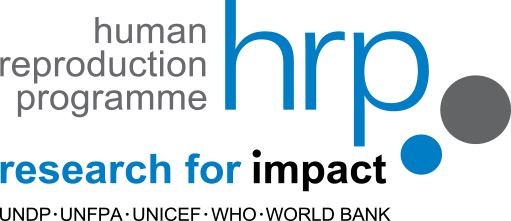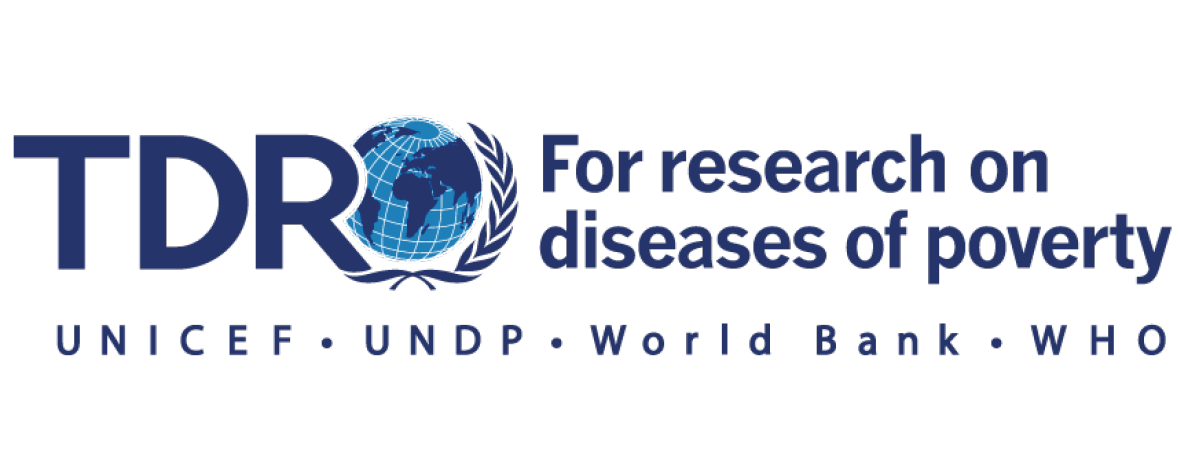
Transforming health systems: gender and rights in reproductive health
This manual offers a session-based and case-based curriculum on how to promote gender equity and reproductive rights through the use of evidence, policy development and service delivery. The curriculum is founded on the premise that the development of workable reproductive health programmes calls for training that not only includes new technical skills, but faces head-on the challenge of changing approaches and perspectives. It aspires to transform health workers, managers and policy makers into active change agents committed to transformation of health systems.
“Transforming health systems: gender and rights in reproductive health. A training curriculum for health programme managers. Geneva, World Health Organization, 2001 WHO/RHR/01.29”
Gender; Social determinants; Rights; Evidence; Policy; Health systems

Transforming health systems: gender and rights in reproductive health
This manual offers a session-based and case-based curriculum on how to promote gender equity and reproductive rights through the use of evidence, policy development and service delivery. The curriculum is founded on the premise that the development of workable reproductive health programmes calls for training that not only includes new technical skills, but faces head-on the challenge of changing approaches and perspectives. It aspires to transform health workers, managers and policy makers into active change agents committed to transformation of health systems.
“Transforming health systems: gender and rights in reproductive health. A training curriculum for health programme managers. Geneva, World Health Organization, 2001 WHO/RHR/01.29”
Gender; Social determinants; Rights; Evidence; Policy; Health systems

Transforming health systems: gender and rights in reproductive health
Developed by:
This manual offers a session-based and case-based curriculum on how to promote gender equity and reproductive rights through the use of evidence, policy development and service delivery. The curriculum is founded on the premise that the development of workable reproductive health programmes calls for training that not only includes new technical skills, but faces head-on the challenge of changing approaches and perspectives. It aspires to transform health workers, managers and policy makers into active change agents committed to transformation of health systems.
“Transforming health systems: gender and rights in reproductive health. A training curriculum for health programme managers. Geneva, World Health Organization, 2001 WHO/RHR/01.29”
Gender; Social determinants; Rights; Evidence; Policy; Health systems

Transforming health systems: gender and rights in reproductive health
This manual offers a session-based and case-based curriculum on how to promote gender equity and reproductive rights through the use of evidence, policy development and service delivery. The curriculum is founded on the premise that the development of workable reproductive health programmes calls for training that not only includes new technical skills, but faces head-on the challenge of changing approaches and perspectives. It aspires to transform health workers, managers and policy makers into active change agents committed to transformation of health systems.
“Transforming health systems: gender and rights in reproductive health. A training curriculum for health programme managers. Geneva, World Health Organization, 2001 WHO/RHR/01.29”
Gender; Social determinants; Rights; Evidence; Policy; Health systems

Transforming health systems: gender and rights in reproductive health
This manual offers a session-based and case-based curriculum on how to promote gender equity and reproductive rights through the use of evidence, policy development and service delivery. The curriculum is founded on the premise that the development of workable reproductive health programmes calls for training that not only includes new technical skills, but faces head-on the challenge of changing approaches and perspectives. It aspires to transform health workers, managers and policy makers into active change agents committed to transformation of health systems.
“Transforming health systems: gender and rights in reproductive health. A training curriculum for health programme managers. Geneva, World Health Organization, 2001 WHO/RHR/01.29”
Gender; Social determinants; Rights; Evidence; Policy; Health systems

Transforming health systems: gender and rights in reproductive health
This manual offers a session-based and case-based curriculum on how to promote gender equity and reproductive rights through the use of evidence, policy development and service delivery. The curriculum is founded on the premise that the development of workable reproductive health programmes calls for training that not only includes new technical skills, but faces head-on the challenge of changing approaches and perspectives. It aspires to transform health workers, managers and policy makers into active change agents committed to transformation of health systems.
“Transforming health systems: gender and rights in reproductive health. A training curriculum for health programme managers. Geneva, World Health Organization, 2001 WHO/RHR/01.29”
Gender; Social determinants; Rights; Evidence; Policy; Health systems

Transforming health systems: gender and rights in reproductive health
This manual offers a session-based and case-based curriculum on how to promote gender equity and reproductive rights through the use of evidence, policy development and service delivery. The curriculum is founded on the premise that the development of workable reproductive health programmes calls for training that not only includes new technical skills, but faces head-on the challenge of changing approaches and perspectives. It aspires to transform health workers, managers and policy makers into active change agents committed to transformation of health systems.
“Transforming health systems: gender and rights in reproductive health. A training curriculum for health programme managers. Geneva, World Health Organization, 2001 WHO/RHR/01.29”
Gender; Social determinants; Rights; Evidence; Policy; Health systems





